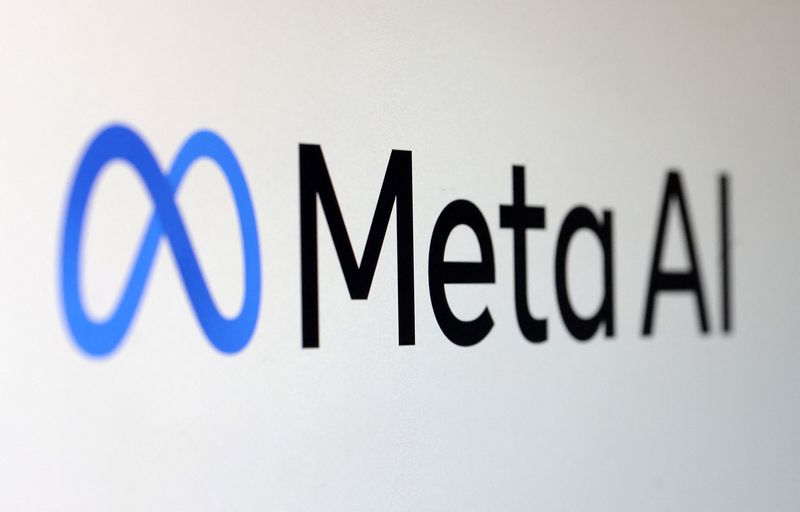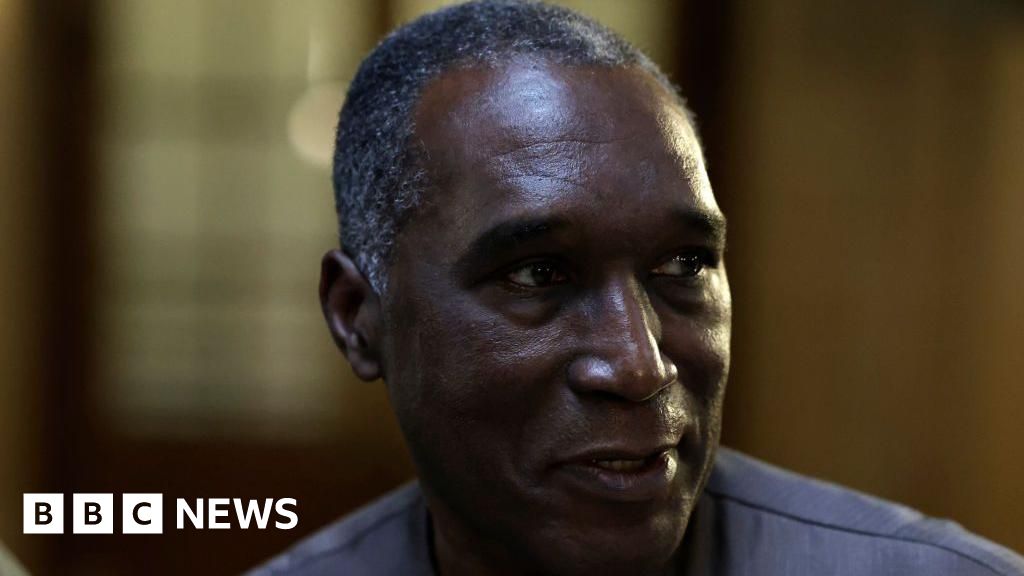Place your adverts here on InfoDig @ low rates; banner ads, sponsored links and guest articles etc. Contact us
Lagos is often praised for its vibrancy and opportunities. However, many residents in Nigeria’s bustling economic hub, particularly women and children, face growing challenges in accessing essential healthcare. Jumoke Sasore, an artisan in Ikorodu, feels the strain. Despite her hard work, her income is not keeping pace with the rising cost of living.
“Every day is a battle,” she says. “With prices soaring, I find it increasingly difficult to afford basic healthcare, let alone specialised services for my children.”
This financial pressure is having a severe impact on maternal and child health in Lagos. Many women are forced to prioritise immediate needs, leading to delays or neglect of prenatal and postnatal care. Reports suggest that maternal and infant mortality rates are rising, especially in low-income areas with limited healthcare access.
“There are days I just sit and wonder how everything got so expensive. Last week, I spent half of my savings on just provisions, and I still don’t know how we’ll get through the month. It’s becoming impossible to survive,” Sasore adds.
Across Lagos, many women are facing similar struggles. The harsh economic realities of inflation and stagnant wages are making it harder for families to survive. Funmilola Asa, a trader in Badagry, says, “The cost of foodstuffs is increasing daily. Most of us can no longer eat healthy meals. We are struggling to send our children to school and adequately provide for our families.”
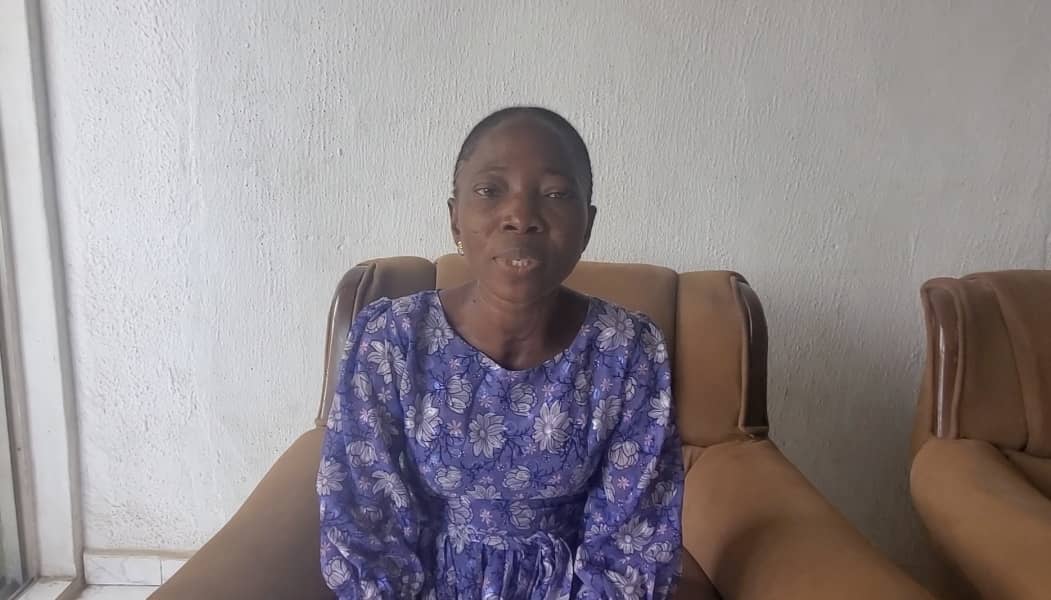
Funmilola Asa, a petty trader in Badagry LGA
Beyond affecting basic needs, the rising costs affect women’s ability to maintain basic living standards, including essential healthcare for themselves and their children. In Lagos, it has been reported that the maternal and child health crisis is deepening. Data from the 2018 National Demographic and Health Survey (NDHS) reveals that for every 100,000 women, 512 die from pregnancy-related complications. Additionally, 35 newborns die for every 1,000 live births in the state.
Family Planning as a Solution
Family planning has been recognised as a key intervention in reducing maternal and child mortality. Ayo Adebusoye, chairperson of the Lagos Civil Society Participation for Development (LACSOP), explains that “family planning is one of the highest impact interventions to reduce the risks of premature birth, low birth weight, fetal and neonatal death, and adverse maternal health outcomes.”
Although family planning awareness is high among Lagos women, the costs of consumables and related fees create barriers to access. Many women, like Funmilola Asa, face difficult choices. “Though I am using family planning, I always struggle to find N2,000 for consumables. While family planning commodities are technically free, we still have to purchase items like pregnancy test strips,” Asa says.
Healthcare professionals are increasingly worried about the impact of these costs. “Women are coming in later for check-ups or skipping them altogether,” says Adeola Olayemi, an obstetrician. “The lack of funds means they’re unable to afford necessary tests or treatments, which can have dire consequences for both mother and child.”
The Strain on Healthcare Access
Abiodun Oroja-Giwa, the Ward Health Committee chairperson at Mosun Okunola Primary Health Care, has heard similar concerns. She explains that economic hardship may drive many women away from family planning services. “As the WDC chairman, I’ve heard numerous women complain about paying as much as N2,000 for consumables at public hospitals, and up to N20,000 at private facilities,” she says.
Oroja-Giwa is concerned that progress in family planning uptake may reverse as women return to less reliable traditional methods. “I know these traditional methods can fail, which is why I sometimes pay the consumable fees for some women. However, I can’t sustain this philanthropy; the government needs to address this issue.”
A recent report titled “Women’s Health Advocacy Brief” revealed that while the Lagos State Ministry of Health approved N227 million for family planning and reproductive health in 2023, only N81 million has been released so far, leaving a significant gap in resources.
Abiola Olabisi Adekoya, a retired nurse and family planning advocate, points out the urgent need for these funds. “These funds were budgeted for family planning consumables, among other needs,” she explains. “However, when the funds aren’t released, nurses have no choice but to ask users to pay for consumables.”
Without these funds, many women must choose between feeding their families and prioritising their reproductive health. “Some women would rather ignore family planning when they can’t even afford a meal for the day,” Adekoya says. This often leads to unwanted pregnancies, putting women at risk, especially when unsafe abortion methods are used.
Adekoya emphasises the need for immediate government action. “The state government must ensure that funds are budgeted for procuring family planning consumables, including pregnancy test kits, so women do not have to pay a dime when accessing these vital services.” Without intervention, she warns, the health of women and children in Lagos will continue to deteriorate.
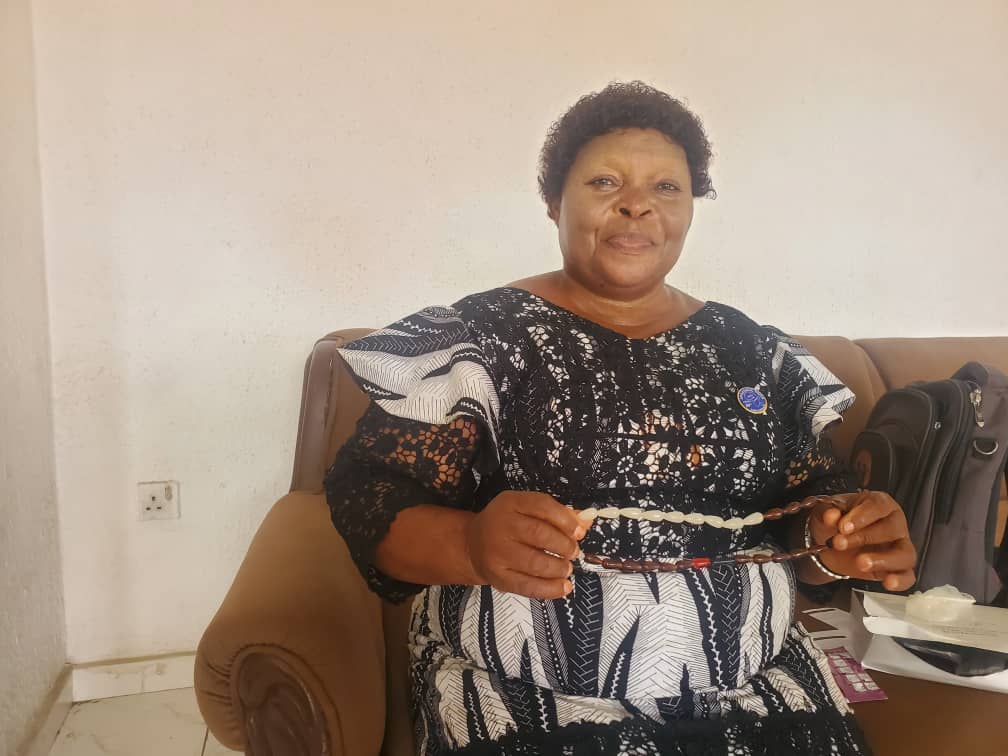
Mrs Jumoke Sasore, an artisan in Ikorodu local government area, Lagos state
An Urgent Call for Action
Family planning advocate, Ajoke Sariyu Ashiru from Badagry has called on the Lagos State government to fully release the equity fund for health insurance aimed at the city’s most vulnerable populations. “Family planning is one of the many critical services included in the state health insurance package,” she says. “The government has committed to allocating one per cent of its consolidated revenue as an equity fund to provide health insurance for these vulnerable groups.”
With 70 per cent of Lagos residents living below the poverty line, Ashiru stresses the urgency of this support. “I appeal to the state government to prioritise women in this initiative, allowing them to access life-saving services.”
Community-Led Efforts
Community leaders are also stepping in to address the crisis. Chief Hakeem Adeyemi, the first Balogun of Okunola land, has committed to tackling family planning challenges in his area. “As a community leader, I cannot just wait for the government to solve all our problems,” Adeyemi says. He is working to ensure that local health centres are stocked with necessary consumables and that men understand the importance of supporting their wives in accessing family planning services.
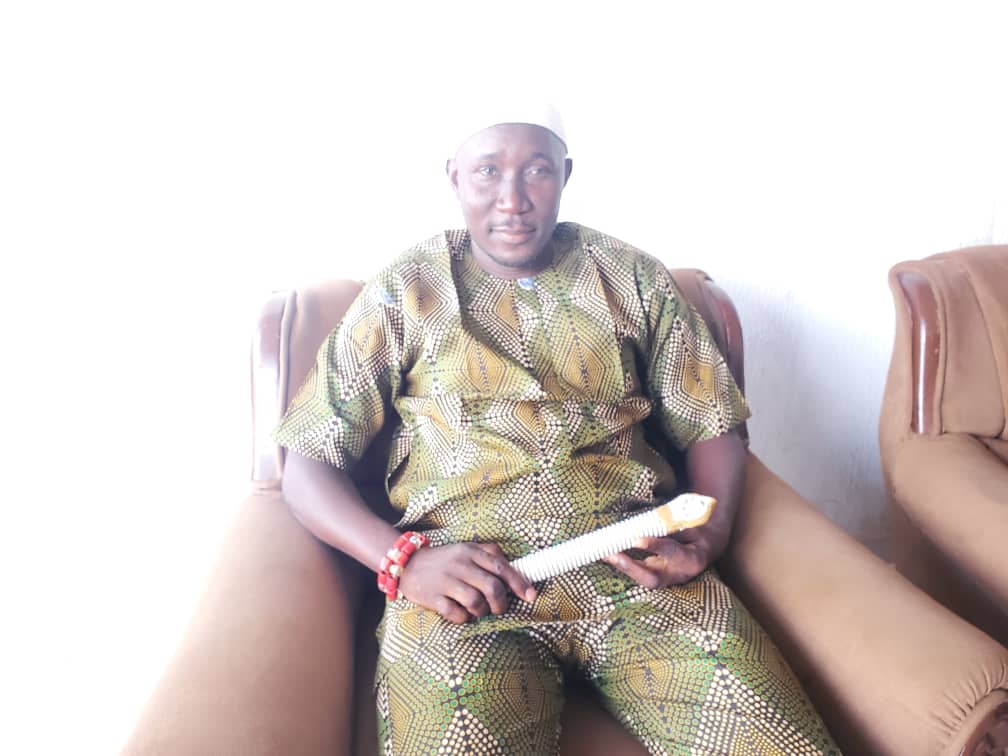
The first Balogun of Okunola Land, Chief Hakeem Adeyemi
Adeyemi’s efforts include assigning female community leaders to educate women on the benefits of family planning, to ensure that no woman has to pay for these essential services.
Meanwhile, the Lagos State Ministry of Health is making efforts to address the crisis. Olubukola Orukotan from the ministry says that five out of eight proposals have been approved, with campaigns underway to improve maternal and newborn health.
However, during visits to some healthcare facilities, it became clear that economic challenges are compounded by inadequate infrastructure. Many facilities lack the resources to provide comprehensive care, leaving community health workers and outreach programs stretched thin.
***
This story (and all is photos in it) was written and captured by Royal Uche, an Investigative Journalist based in Lagos, Nigeria.
Feature image by Cottonbro Studio for Pexels






